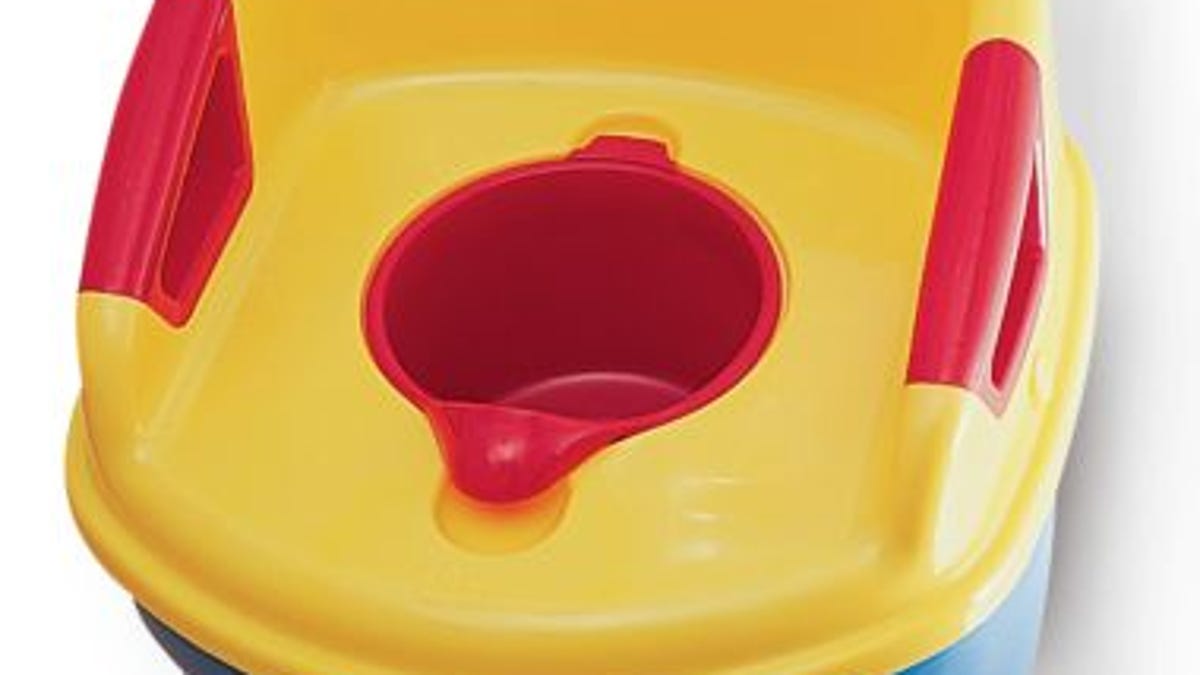Potty training and sales compensation
Is potty training the same as sales compensation? Turns out they're not hugely different.

The past few weeks my youngest daughter has been in full potty training mode. While some experts (read: Dr. Phil) suggest having the trainee call their favorite superhero, having done this a few times we have Lily call someone much more reliable:
Greta, my third child.
Greta seems to be a natural caregiver (and busybody) who has taken a keen interest in helping her younger sister to be potty trained. We've accentuated this desire by offering chocolate chips to Lily and Greta. When Lily has no desire to visit the restroom (which is often), Greta has an insatiable appetite for chocolate. She convinces Lily to "go potty" and everyone is happy.
More and more frequently Lily goes on her own, but Greta still demands payment. At first I resisted (something in me doesn't like the idea of someone getting something for nothing), but then I let it slide as it reminded me of a lesson I had learned in the past two years about compensating salespeople.
How so?
There's a tricky balance one must walk when compensating channel sales and direct sales, and again when compensating inside sales and field sales. Early on at Alfresco I struggled with this, as I didn't want to see more than one person paid on any given deal. I wanted the deal turned over early to whomever would ultimately be responsible for closing it and only that person to get paid.
It's just not that easy.
How you compensate a sales team can create all sorts of good incentives and/or perverse disincentives. For example, do you really want your channel sales team/person competing hard against your direct sales team...when you have fewer than five people on the team? Do you really want inside sales to hold down the value of a deal if, for example, they are required to turn over any deal worth more than $100,000? If they get paid $0 for a deal worth $350,000 and 5 percent on a deal worth $99,999, that deal is going to be held to $99,999 regardless of what would be best for the company.
And so on. My CEO calls double compensation "double bubble," and we generally try to avoid it as much as possible. But as with Greta and Lily, sometimes it makes a lot of sense to compensate two people on the same deal, especially early in a company's life when cooperation between the sales team should trump competition between the team. You will end up with times when a salesperson will get compensated when they added zero value to the close of a deal, but in the long run you're rewarding the effects of a team effort (exceeding a sales goal/potty training).
That matters more than a short-term hit to the bottom line in terms of one or two percent excess commission.
Today, Greta still performs a valuable reminder function for Lily. But the real value she provides today is all of her efforts over the past few weeks. I'm comfortable letting her "get rich" with chocolate chips for a little while longer, just as I'm comfortable occasionally overcompensating my sales team because the overall value of their work means more than a few points in commission.
At some point in the very near future, Alfresco will have all of its sales territories completely grown out. At that time it will make less sense to allow double bubble, at least in the way I've discussed here. There will always be a tension between inside and field sales, channel and direct sales. But so long as the goal of team cooperation is maintained, I'm not too worried about a few points in commission going astray here and there.